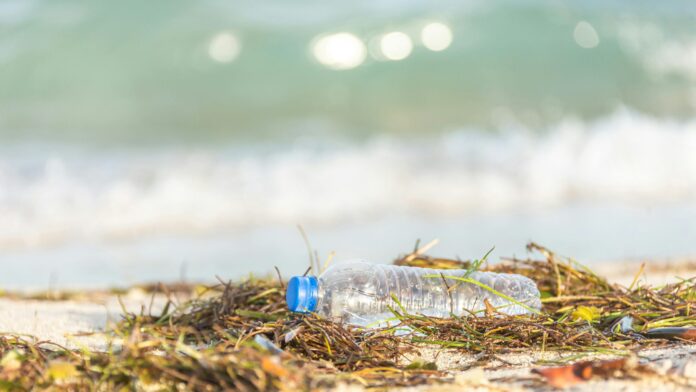Addressing Plastic Pollution and Marine Ecosystem Threats
Frontpage Journal | Climate Insights
Sri Lanka’s oceans are central to its economy, culture, and ecological heritage. Fisheries, tourism, and coastal communities rely heavily on marine resources. Yet, marine ecosystems are increasingly under threat from plastic pollution, overfishing, and habitat degradation. Addressing these challenges is critical not only for environmental sustainability but also for economic resilience and the long-term well-being of coastal populations.
Plastic pollution poses a severe threat to marine life. Single-use plastics, fishing nets, and industrial waste enter oceans through rivers, drainage systems, and direct disposal, harming fish, turtles, seabirds, and coral reefs. Microplastics accumulate in the food chain, ultimately affecting human health and seafood safety. Economically, polluted beaches and degraded marine environments reduce tourism appeal, impacting revenue and local employment.
Sustainable fisheries management is equally vital. Overfishing and illegal practices deplete fish stocks, threatening both biodiversity and livelihoods. Implementing science-based quotas, seasonal restrictions, and responsible fishing techniques helps maintain marine populations while supporting the income of fishing communities. Promoting aquaculture and alternative livelihoods further reduces pressure on natural ecosystems.
Plastic waste management and reduction strategies are central to ocean conservation. Encouraging businesses, communities, and consumers to adopt reusable alternatives, improving waste collection infrastructure, and enforcing strict regulations on industrial and commercial plastic discharge are essential steps. Public awareness campaigns highlighting the economic and environmental costs of pollution can drive behavioral change and foster community participation.
Restoration and protection of critical marine habitats are also necessary. Coral reefs, mangroves, and seagrass beds provide breeding grounds, coastal protection, and carbon sequestration. Conservation projects that rehabilitate degraded areas, coupled with the creation of marine protected zones, strengthen ecosystem resilience against climate change and human pressures. Collaboration with international environmental organizations provides expertise, funding, and best practices to scale these efforts effectively.
Technology and monitoring enhance conservation outcomes. Satellite imagery, drones, and underwater sensors enable real-time tracking of pollution, illegal fishing, and habitat changes. Data-driven policies allow authorities to target interventions, optimize enforcement, and measure progress, creating accountability and efficiency in ocean management.
Sri Lanka has a unique opportunity to position itself as a leader in marine conservation in the Indian Ocean region. By addressing plastic pollution, managing fisheries responsibly, and protecting critical habitats, the nation can preserve biodiversity, sustain livelihoods, and secure its economic future. Ocean conservation is not only an environmental imperative—it is a strategic economic and social priority that ensures the health and prosperity of coastal communities for generations to come.




